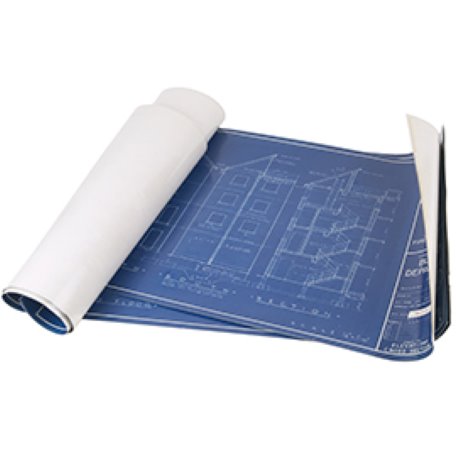Technology is reshaping the world and the built environment is the next platform facing an incoming wave of change. Philip Thomas, a senior manager of project delivery services at Optumplus, said at a session at Buildex Vancouver recently that massive disruption is needed to make the architecture, engineering and construction (AEC) industries relevant to the 21st century.
"Disruption," Thomas said, "is a change to the traditional way an industry operates."
The challenge ahead for AEC industries is that there is an urgent need for change, particularly as current methodologies lead to poor communication and performance problems on numerous projects, Thomas explained.
"We are transferring risk. Cost and schedule blowouts are the norm in construction and large projects typically take 20 per cent longer to finish than scheduled and are up to 60 to 80 per cent over budget," Thomas said, calling this approach a "project-shop mentality."
What needs to change is removing the inflexibility inherent in the AEC industries.
"If the industry remains resistant to change, someone will eventually come along who delivers the same results in a different and more efficient way," Thomas said.
There are several trends driving change, he said, including a move to "smart" cities, which are able to adapt to the changing needs of their citizens.
"Big data, which can be used to design and analyze cities, is more accessible than ever before but it’s the responsibility of the industry to learn how to harness and use that data," he said.
Thomas cited sustainability as a major driver and touted the concept of "circular design," where any material used in a building is digitally tracked for reuse.
Vancouver is one city adopting this approach by joining the Circular Cities Network, an association of several major metropolises concentrating on reuse and lifecycle design to reduce waste and improve sustainability.
"Sustainability has changed in that it has shifted from recycling to reuse. There is growing demand for materials, but a need to use them without destroying the environment. The ‘take, make, dispose’ economy we currently employ is reaching its physical limits," Thomas said.
Thomas also stressed the importance of modularization to AEC industries.
"Mining and oil and gas have been using modules for a while and we have to start thinking of buildings like that," he said, adding that applying modular concepts to industrial sites like factories reduces costs and construction time.
Thomas cited companies like Amazon and Airbnb as disruptors of traditional industries.
"Amazon is a company that doesn’t think as a retailer, more as a technology and innovation company that happens to sell things. Amazon employs the idea of innovating in the ‘last mile’ to the customer and by doing so it disrupts several different industries," Thomas said.
Airbnb connects producers (hosts) and consumers (travellers), to facilitate interaction and exchange, he said.
Hyperloop, Elon Musk’s proposed high-speed pneumatic tunnel network, could yet disrupt the transportation and cargo industries, Thomas added.
Globalization has removed boundaries for the movement of goods and has converged with information technology and logistics, he said. Once robotics accelerates, it will further upend economics by allowing factories and even construction services to offer their services remotely.
For construction, this disruption must occur from within, he said.
"Research and innovation is happening outside the industry in universities and research institutions. The industry needs to take matters into its own hands, or be replaced," Thomas said.











Recent Comments
comments for this post are closed